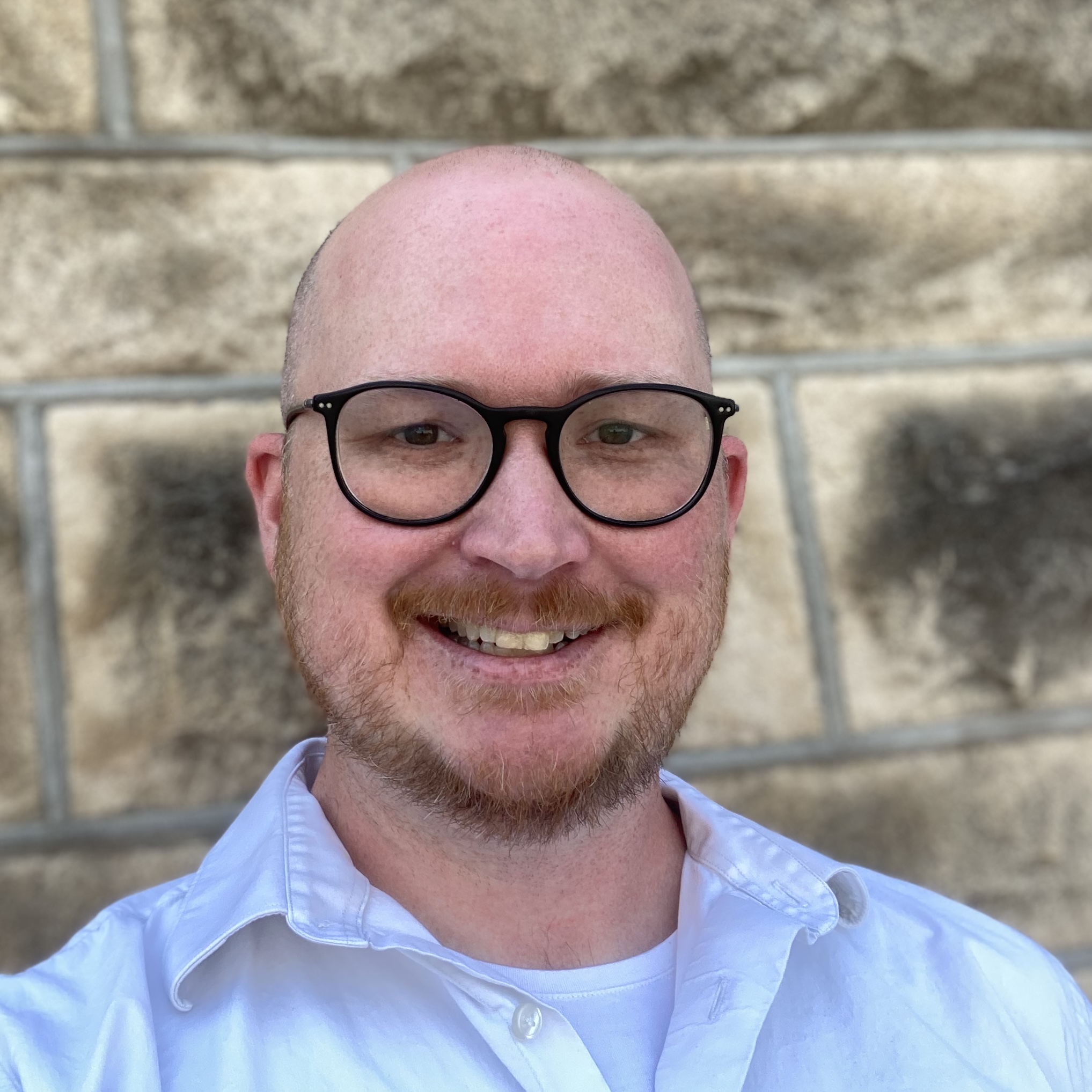Kory Beighle
 |
Assistant Professor 1108 Seaton Hall |
Kory A. Beighle, PhD joined the Department of Architecture at Kansas State University in 2022 as an Assistant Professor. His teaching responsibilities include teaching design studios, architectural history lectures, and theory seminars. Prior to joining KState, he was the inaugural Park Creative Arts Professor at Miami University in the College of Creative Arts’ Department of Architecture and Interior Design. He was born in a small town in rural Ohio.
Kory received a PhD in Architecture from the University of Cincinnati in 2020, where his studies explored the history, theory and criticism of architecture. The major focus of his PhD work addressed 20th and 21st century architectural theory, particularly issues of disciplinarity and architectural tools, with a minor focus on theories of visuality. His dissertation, entitled Architectural Alchemy: Collaging Disciplinarity in the Kaleidoscopic, examined these issues through critical analysis of the work of Charles and Ray Eames. Kory has also completed a professional Master of Architecture and a B.S. in Architecture from the University of Cincinnati, where his master’s thesis asked questions about the role of time in architectural practice by exploring methodological intersections of film and architecture.
Kory has taught for the past ten years in a wide range of contexts, from foundations to graduate thesis studios for disciplines of interior design to architectural engineering to architecture. His work as a historian, theorist, scholar and educator is framed through design to explore the intersection of tools, pedagogy, disciplinarity and spatial narrative in our kaleidoscopic paradigm. His research has been recognized and presented in national and international conferences, art exhibitions, film competitions and journal publication.
Kory's motivation is to help designers and builders learn to blur the lines between thinking, making and being as they live the questions now and find value for the world we serve. To that end, his teaching and research endeavor.